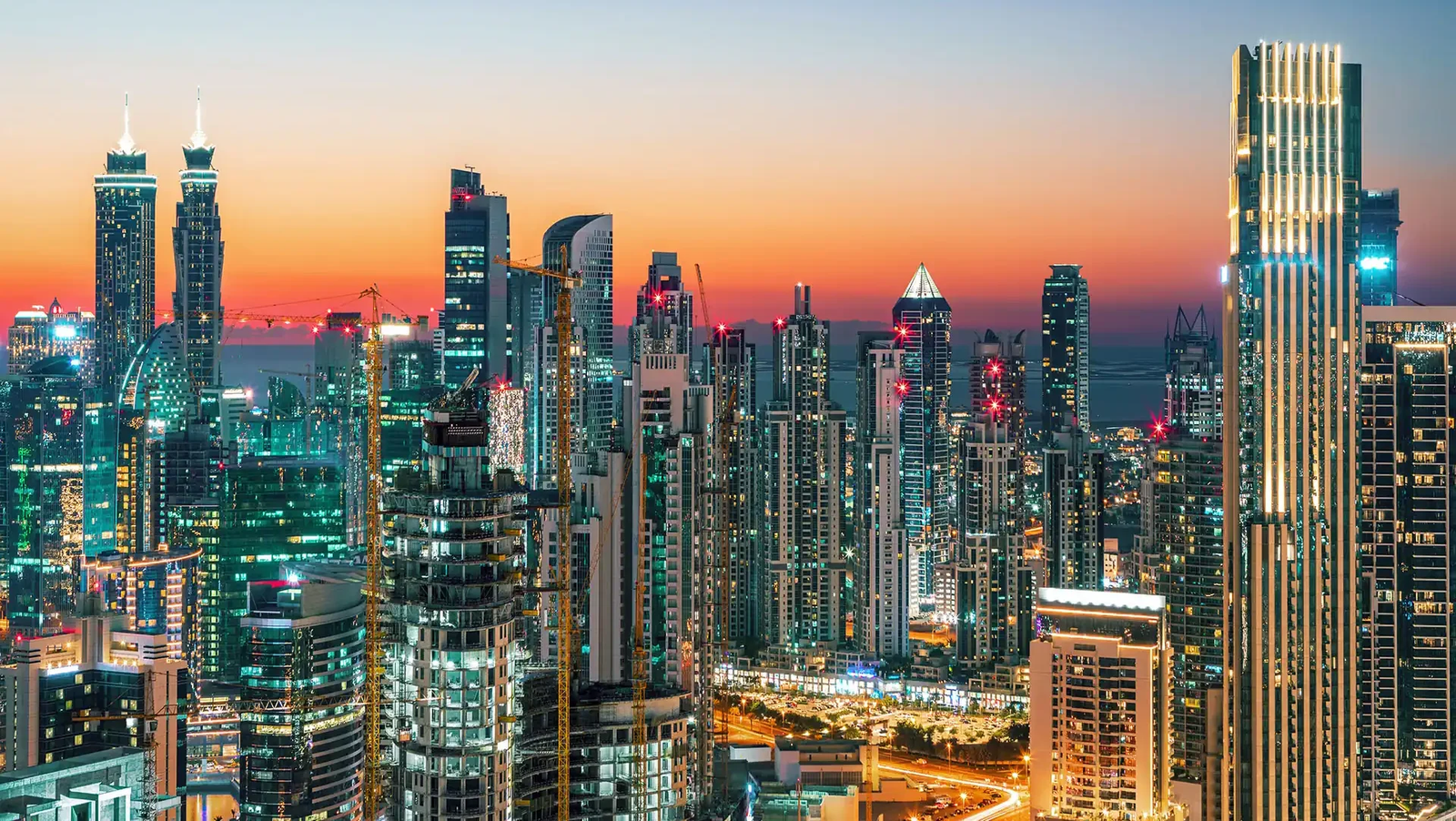
The United Arab Emirates UAE is often admired as one of the world’s most remarkable success stories. From a humble desert landscape to a modern global hub for business, tourism, and technology, the journey has been nothing short of inspiring. In less than a century, this federation of seven emirates transformed itself into a model of progress, stability, and prosperity. Today, the UAE stands tall not only for its skyscrapers and luxurious lifestyle but also for its vision, resilience, and forward-thinking leadership.
Before oil was discovered, the UAE was a land of fishing villages, pearl diving, and desert trade routes. Life was tough, with communities depending on limited resources and traditional livelihoods. Yet, this very simplicity laid the foundation of a culture built on resilience and unity.
The turning point came in 1971, when the seven emirates—Abu Dhabi, Dubai, Sharjah, Ajman, Umm Al Quwain, Fujairah, and later Ras Al Khaimah—came together to form the United Arab Emirates. Under the leadership of the late Sheikh Zayed bin Sultan Al Nahyan, the union was founded on principles of cooperation, development, and shared destiny. This marked the beginning of an extraordinary journey that continues to inspire the world.
The discovery of oil in the 1950s and 1960s opened a new chapter for the UAE. With this newfound wealth, the country invested heavily in infrastructure, education, and healthcare. Cities that were once modest coastal settlements began to transform into modern metropolises. Roads, airports, and ports connected the emirates with the world, while international trade started to flourish.
But what set the UAE apart from other oil-rich nations was its vision for diversification. Leaders understood that oil reserves would not last forever. Hence, they laid out strategies to build a future beyond oil a decision that now positions the UAE as one of the most diversified economies in the region.

Dubai, once a trading outpost, reinvented itself as a global hub for tourism, real estate, and finance. Landmarks such as the Burj Khalifa, Palm Jumeirah, and Dubai Mall became symbols of ambition and innovation. Events like Expo 2020 Dubai showcased the emirate’s ability to bring the world together and present solutions for future challenges.
Abu Dhabi, the capital, became the cultural and political heart of the UAE. With world-class museums such as the Louvre Abu Dhabi and sustainable projects like Masdar City, it highlighted a balance between tradition and modernity. Abu Dhabi also strengthened the country’s energy and financial sectors, ensuring long-term stability.
In recent years, the UAE’s journey has focused strongly on technology, innovation, and sustainability. Programs such as the UAE Centennial 2071 and Dubai’s Smart City initiative show the country’s readiness to lead in artificial intelligence, green energy, and digital transformation.
The UAE even made history in 2021 when its Hope Probe successfully entered Mars’ orbit, becoming the first Arab nation to achieve such a milestone in space exploration. This achievement placed the UAE on the global map as a forward-thinking nation investing in science and technology for future generations.
The UAE also reinvented itself as one of the world’s top travel destinations. From luxury shopping festivals and desert safaris to futuristic attractions and cultural experiences, millions of tourists visit the country every year. Dubai International Airport has become one of the busiest airports in the world, connecting East and West with seamless travel.
In addition to luxury, the UAE also celebrates its heritage. Events such as National Day, camel races, and traditional souks remind visitors and citizens of the country’s proud past. This balance of modern life with cultural roots makes the UAE unique.

Another defining part of the UAE’s journey is its growing role in global diplomacy. The country has positioned itself as a neutral and influential mediator in international relations. It hosts major global events, from climate summits to peace agreements, reflecting its reputation as a reliable partner on the world stage.
Humanitarian aid is also at the heart of UAE’s international efforts. Whether it is supporting disaster relief, building schools, or providing medical assistance, the UAE consistently ranks among the world’s top aid donors relative to its income.
Looking ahead, the UAE is determined to lead in sustainability and green energy. With projects like the Mohammed bin Rashid Al Maktoum Solar Park and its commitment to reach net-zero emissions by 2050, the UAE is showing how even oil-rich nations can take bold steps toward environmental responsibility.
Expo 2020’s legacy site, District 2020, is set to become a hub for innovation and sustainability, ensuring the event’s impact continues for decades. The focus is now on smart cities, renewable energy, and AI-driven industries that will create a resilient economy for future generations.
The UAE’s journey is more than a national success story it is a global example. In just over 50 years, the country has shown what vision, unity, and leadership can achieve. From a desert land to a global hub, the UAE proves that no challenge is too big when people come together with determination and foresight.
As the world faces economic, environmental, and social challenges, the UAE continues to inspire with its story of resilience and innovation. Its journey is far from over it is a path that is still unfolding, with new milestones on the horizon.
READ MORE:- Inside the World of Business Acquisitions: Secrets of Corporate Growth 2025
